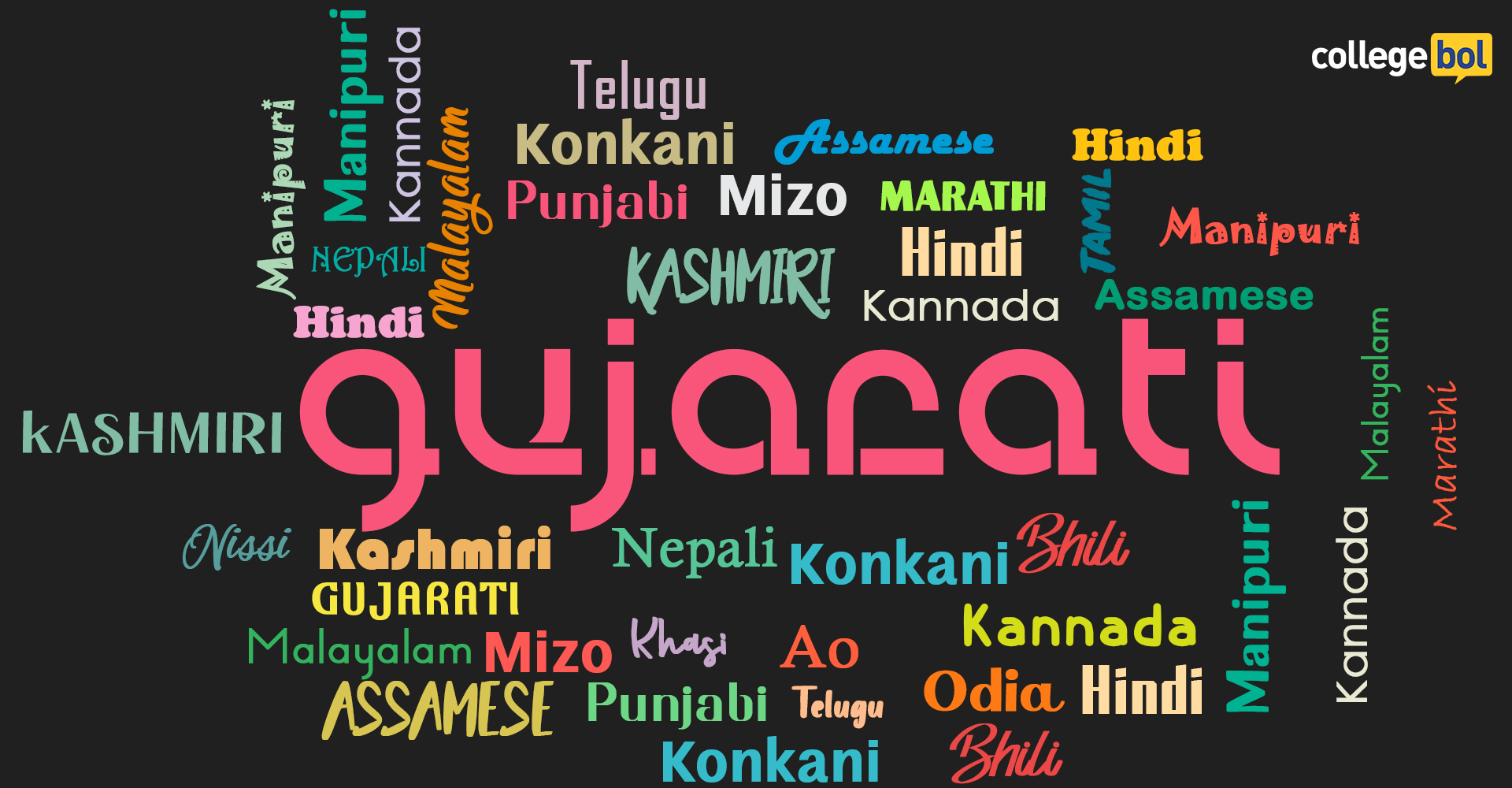Why Mother Tongue Should be Emphasized in Education? What is the Importance of Mother Tongue in Education?
M. Venkaiah Naidu, the Vice President of India, underlined the importance of employing mother tongues in education and urged state governments to fully execute the National Education Policy 2020. Speaking after the inaugurating a private school in Chennai, Shri Naidu emphasized the importance of encouraging the free use of the student’s mother language in all contexts, including the classroom, social events, and consequently the home. He explained that emphasizing the mother tongue does not exclude pupils from learning other languages, such as English.
“In fact, I regularly suggest that people learn as many languages as they can, but a strong foundation in their native tongue is still essential. According to studies, multilingualism has been associated with better cognitive development in children. Language fluency in other languages, in addition to one’s own tongue, builds cultural bridges and opens access to other worlds of experience “He spoke.
Migration as a reason for growth of foreign languages
The number of youngsters studying in a language other than their mother tongue is fast increasing due to increased migration and the rising popularity of international schools.
Let’s use India as an example, where Hindi is taught as the second or third language in educational institutions while English is taught as the native tongue.
In India, the parents check to see if the preschool their child is attending is an English-medium school before letting them enroll. There is a misconception that only education in English provides opportunities for advancement in modern society. It’s false.
English is only spoken in a small number of nations, including Australia, Britain, Canada, the US, and others. Countries like China, Germany, France, Japan, and other Asian nations did fairly well without English education.
Learning English is beneficial, much like learning other languages. However, this cannot be used to support the argument that English should replace the mother tongue, as some are doing. Once a strong foundation in the mother tongue has been established, it can be learned quickly at the right period.
Reports of Language Census of India
We are pleased that India, a country well known for its incredible linguistic diversity, is a linguistic treasure trove. Our country is remarkable because of the diversity and coexistence of numerous languages, which give it colour and vitality.
Over 19,500 native languages and dialects are spoken in India, according to the Language Census. There are 121 languages spoken by 10,000 or more people in the country. It is unsettling that 196 Indian languages are on the endangered species list.
Steps that should be taken by Government to keep diverse language alive
A whole knowledge system and a distinct way of looking at the universe are lost when a language disappears. Our unique talents, arts, crafts, cuisine, and trades are all disappearing, along with the old forms of livelihood.
That we aren’t doing enough to protect our unique native languages is a worrying fact. When implementing laws affecting the medium of instruction, particularly at the primary and secondary school levels, governments must exercise extra caution.
A solid basis for the manifestation of creativity is provided by the mother tongue. It is imperative to make every effort to foster creativity in its early stages.
- जब चाँद होगा लाल: रहस्य, विज्ञान और अंधविश्वास का सच (ब्लड मून 2025)
- How One Scientist’s Radioactive Discoveries Sparked a Double Nobel Triumph
- IIT Delhi’s Rural Technologies Going Intercontinental


